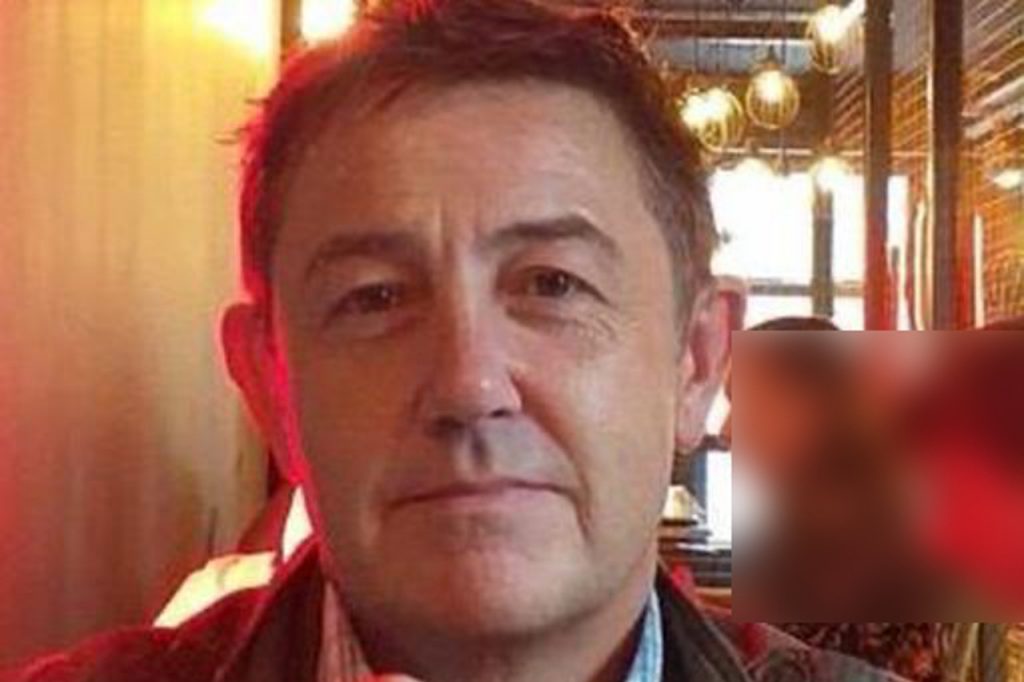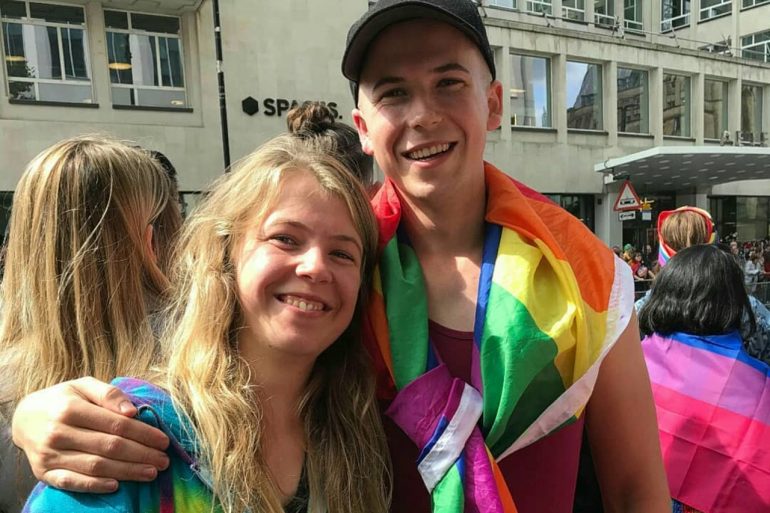Following the murder of Dr Gary Jenkins, Cardiffian reporter Ed Barnes talks about his own experiences in the city
THE murder of Dr Gary Jenkins reminds us that despite legal victories in recent years, someone can still be killed for their sexuality in the UK.

The attack took place just a few hundred metres from the city centre probably surprising many who thought such things were in the past.
For many members of the LGBT+ community, particularly those who are visibly queer, transgender or people of colour, it is shocking but not so unbelievable.
You get used to the weird looks, maybe the occasional comment or slur. Bottles might be thrown at you in a club or you get pushed off the dancefloor.
You just kind of roll with it – it’s just a fact of life that some people think you’re disgusting. I never felt physically threatened so I’d usually just shrug it off.
The first time I ever came to Cardiff was last June. It was also the first time I’d ever felt physically threatened.
A guy was showing me about town on what you could call a date. Eventually we sat down on a bench and started kissing.
It wasn’t too long after this a group of boys came over from the other side of the park. They started shouting “get the f*** out of here with that gay sh*t” along with plenty of slurs.
There were about seven or eight of them, only two of us, and they were trying to cut us off leaving. As we left, a family walked in and they stopped, and we were able to get away.
This was mild compared to plenty of cases and it was the middle of the day but it hasn’t stopped people before.
A lesbian couple was bloodily beaten on a bus after refusing to kiss in 2019 and a gay couple was kicked and punched in central Edinburgh. Last summer it felt like every week a high-profile attack happened somewhere in the UK.
Before this, I was becoming more and more comfortable wearing painted nails in public or even experimenting with makeup in lockdown. Now I barely do and if I do, I keep my hands in my pockets in case another stranger sees it as an excuse to target me.
On dates now, I don’t hold someone’s hand unless there’s no one around. If anyone appears, I immediately let go out of instinct and fear.
I know friends who’ve been heckled and abused for the first time in their lives in the last year. Many LGBT+ people are more and more concerned even if they haven’t been threatened yet on the street.
It would be difficult to talk about this without the wider context. For several years now, some media organisations have realised they can cultivate an active and animated readership by stoking the fire of anti-transgender sentiment.
It might be easy if you identify as lesbian, gay or bisexual to think this doesn’t apply to you, but it is not stopping there.
The negative coverage filters down and gives bigots more of an excuse to do what they like. If you look queer in any way, you’re a target regardless of whether your gender matches the one you were born with.
The news events of the last two weeks show this is no harmless game and there are often very very real consequences.



